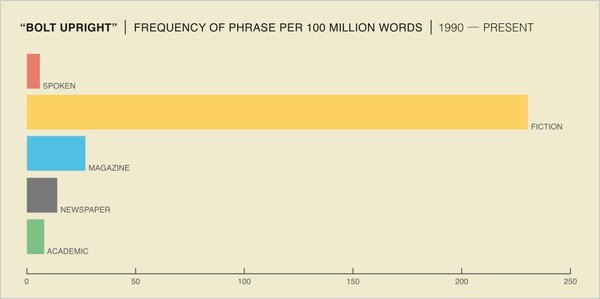More lucking out
As discussed at length in "Lucking out" (10/8/2011), luck out is a well-established American idiom meaning "to succeed through good luck". But it's not all that common — about one in ten million words in COCA — and even a few Americans seem to be be a bit uncertain about its meanings, confused into thinking that luck out might actually mean "to fail through bad luck" (perhaps by echoes of "out of luck" or idioms like "ground out" or "drop out"). This idea is substantially more widespread in other parts of the English-speaking world, and perhaps has a significant proportion of mindshare in Australia; in any case, it caused the British novelist Lee Child to make an uncharacteristic mistake by using the "fail through bad luck" meaning in interior monologue attributed to his American hero, Jack Reacher.
But in the course of writing that earlier post, I came across a curious claim. According to the entry on luck out in Merriam-Webster's Dictionary of English Usage, the 1985 Harper Dictionary of Contemporary Usage (2nd ed.) claimed that
. . . luck out was commonly used during World War II in some such sense as "to meet with bad luck; run out of luck," as in describing a soldier who was a casualty of battle ("He lucked out") or a poker player who lost his chips.
The editors of MWDEU note that "we have collected almost no evidence of the older sense cited by Harper", and add that "The little evidence we have showing luck used as a verb during World War II is suggestive of good luck, not bad".
If there really were an old U.S.-military-associated negative-valence luck out idiom, that would make Child's novelistic use more plausible, since Reacher is an army MP who was (fictionally) born around 1959 and raised in a military family on U.S. bases around the world. But I've done a bit more poking around in historical sources, and all the evidence I've found confirms MWDEU's suggestion that no such idiom ever existed.
Read the rest of this entry »
